Aspiring Biomedical Sales Engineer
Dennis Mwirigi has worked in both digital marketing and biomedical engineering and is an aspiring Biomedical Sales Engineer. He is working for Publish by the Company, a digital marketing agency and is based in Kenya. In this article he shares his career so far and his hopes and predictions for the future.
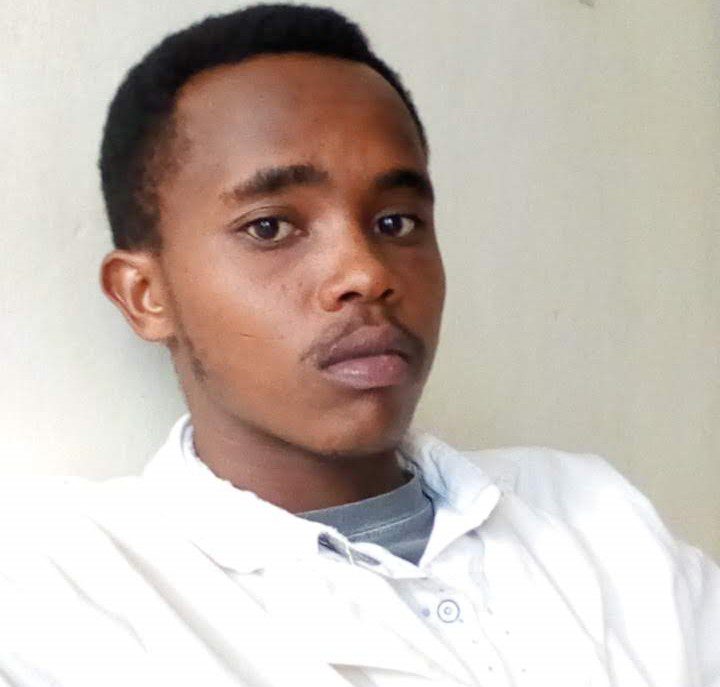

Biomedical Engineer, Digital Marketer and Sales Engineer for Healthcare Companies – meet Dennis Mwirigi
Background
Could you give a brief description of your background and what led you to study medical engineering technology? Were there any childhood interests which were a factor?
From a young age, my fascination with gadgets and a keen interest in understanding their inner workings shaped my affinity for technology. Then, this curiosity evolved into a passion for sciences, reflected in my academic excellence in the field.
During high school, my mother’s battle with cancer exposed me to the world of healthcare, particularly the impactful role of radiotherapy machines in her treatment.
Observing the dedicated healthcare professionals and witnessing the positive outcomes of technology-driven interventions fuelled my desire to contribute meaningfully to the field. In addition, the satisfaction of seeing my mother successfully navigate her treatment journey inspired me to channel my love for technology into a career that could make a difference in lives.
Inspirations
Has there been a particular person who has inspired you?
I find inspiration from the collective impact of healthcare practitioners and my parents. During my visits to the healthcare facility with my mother, witnessing the dedication of healthcare professionals, particularly those operating intricate machines, left a lasting impression. Furthermore, as a tech-savvy individual, the synergy of technology and healthcare resonated with me.
My father, immersed in mechanical engineering, contributed significantly to my inspiration. His satisfaction in building and seeing things work demonstrated the meaningful impact of engineering. This, coupled with his encouragement and support throughout my education, instilled confidence in my abilities.
My mother’s health journey, along with my empathetic nature, redirected my focus toward using technology to assist those facing health challenges.
In short, the combination of my parents’ influence and my personal values has guided me to pursue this career.
Interests leading to biomedical engineering and sales
Have you always liked fixing things? And helping people?
My affinity for fixing things and helping people has been a lifelong passion rooted in my inherent creativity. From a young age, I found joy in creating and fixing gadgets, driven by the satisfaction of making something work again. This inclination was influenced by my father, whose knack for fixing things became a source of inspiration.
As I developed my creative talents over the years, I found fulfilment in creating and fixing various items. The joy of bringing something to life has been a driving force in my pursuits. Furthermore, the transition to helping people fix things stemmed from observing my father’s business-centric approach to mechanics. Recognising the value of assisting others while gaining personal satisfaction, I began volunteering my skills to fix things for others.
The essence of bringing something back to life remains a core part of my identity. My passion for fixing and creating aligns with a broader commitment to utilising my skills to make a positive impact on both objects and the lives of those around me.
Mentors
Who is the greatest engineer in history in your opinion?
It’s challenging to single out one individual as the greatest engineer in history, given the diverse and groundbreaking contributions across various engineering disciplines. Engineers like Nikola Tesla, known for electrical innovations, or Leonardo da Vinci, a pioneer in various engineering fields, have left indelible marks. Each engineer’s unique contributions have significantly shaped the world we live in today.
However, in medical engineering, Sir Godfrey Hounsfield stands out for his groundbreaking contributions. His development of the computed tomography (CT) scanner in the early 1970s revolutionized medical imaging, enabling detailed non-invasive visualization of the human body.
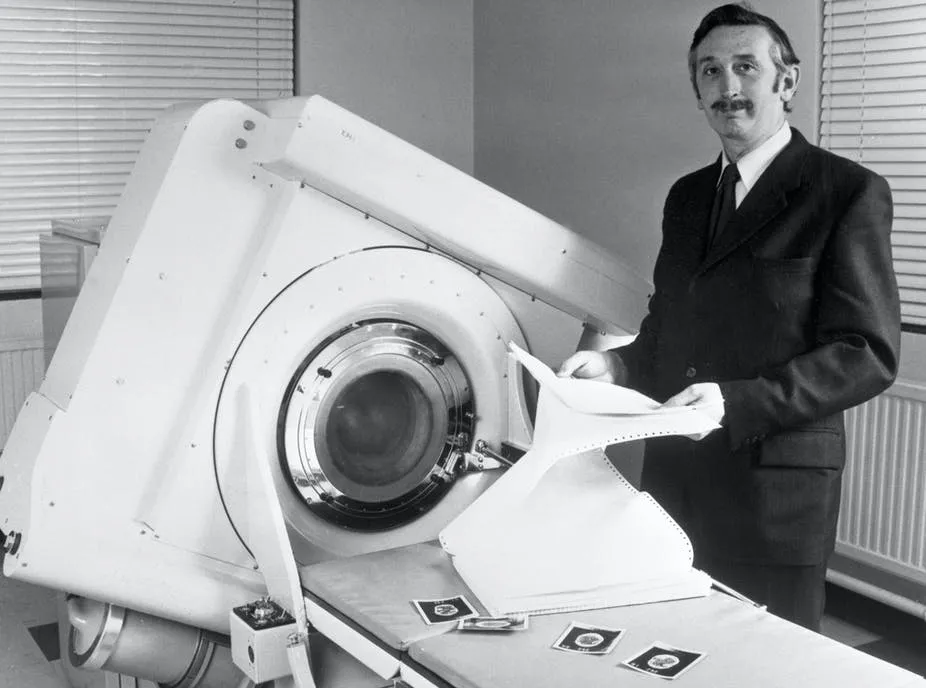

Who is a great engineer who has not been recognised much?
One often overlooked but remarkable engineer is Percy Lavon Julian. His groundbreaking work in chemical engineering and organic chemistry played a crucial role in the synthesis of medicinal drugs. Despite facing challenges due to racial discrimination, Julian’s contributions include advancements in the production of steroids and cortisone.
His innovative achievements in the mid-20th century laid the foundation for pharmaceutical breakthrough. However, his recognition remains less widespread than his significant impact merits.
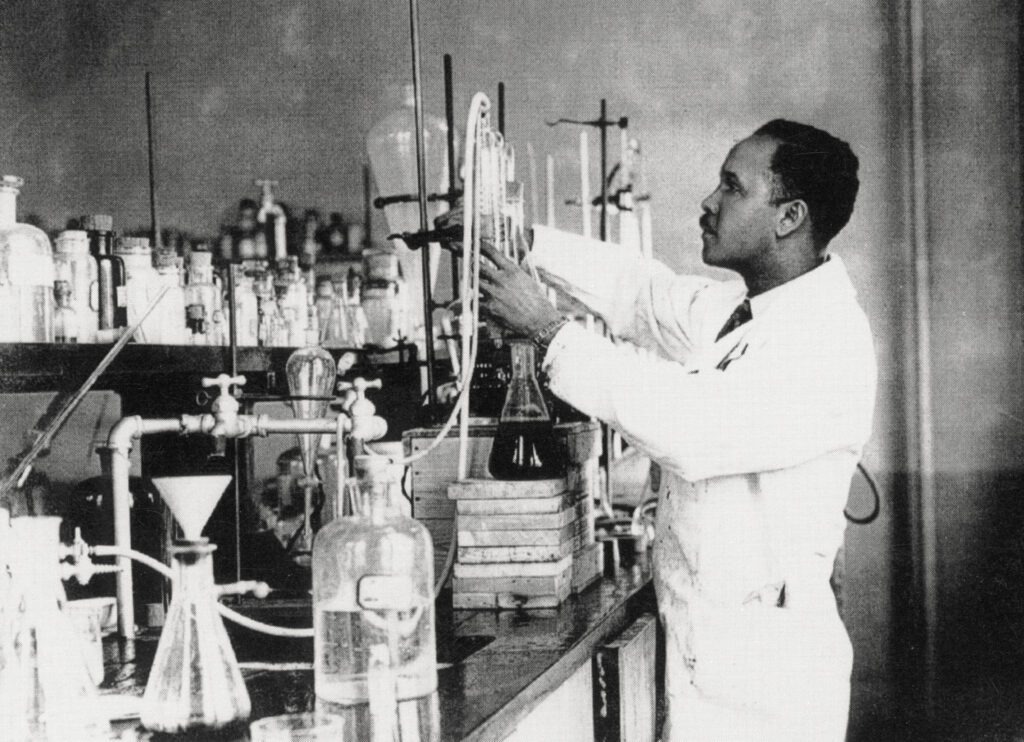

Biomedical field and sales engineers
What sort of personality traits and skills are ideal for this career?
In my opinion there are six main ones as follows.
Technical Proficiency
Adept at performing scheduled and unscheduled inspections, maintenance, and electrical safety tests on biomedical equipment, ensuring code compliance.
Preventive Maintenance Mindset
Design and implementation of preventive maintenance programmes for all medical electrical and electronics systems.
Electrical Safety Knowledge
In-depth understanding of the dangers of electricity troubleshooting and strict adherence to safety precautions while handling electrical and electronics systems.
Data Analysis Skills
Competent in conducting functional testing and data analysis on medical equipment for informed decision-making.
Computer Proficiency
Proficient in using computer programs such as AutoCAD, MS Word, and Adobe Photoshop to navigate modern tools in the field.
Technical Knowhow Aptitude
In-depth knowledge of medical terminology, medical equipment, and products, providing a solid foundation in the intricacies of the field.
Apart from a strong technical background, what are the three most important skills to have?
Here are the three which I consider to be the most important.
Interpersonal Skills
Ability to establish and maintain effective working relationships with institutional officials, clients, and suppliers.
Patient-Centric Approach
Ability to maintain close and effective interaction with clinical staff, ensuring optimal system and equipment performance for maximum patient care outcomes.
Effective Communication
Competent in assisting clinical staff in understanding equipment operation and functionality, fostering collaboration.
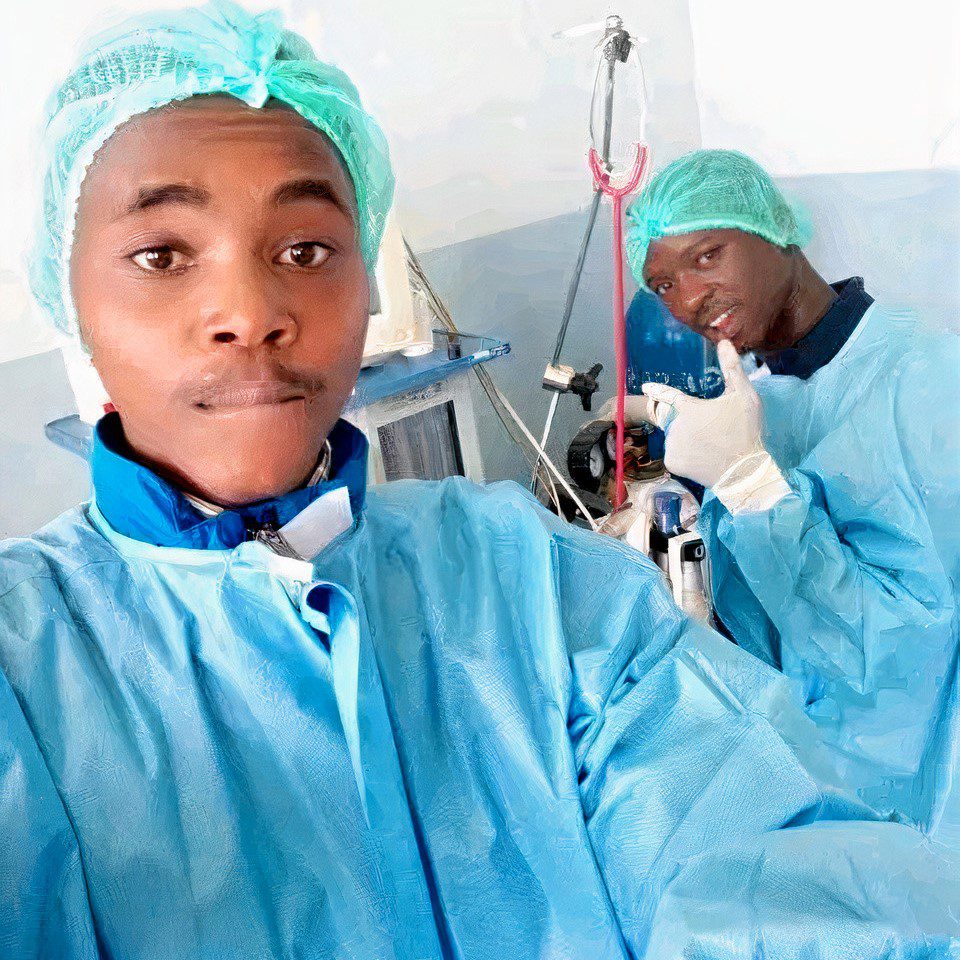

Career as a Biomedical Engineer
Why would you recommend it as a career?
There are a number of reasons why I would recommend a career as a Biomedical Engineer or Biomedical Field Sales Engineer.
High Demand
The demand for skilled professionals in medical engineering is consistently high. As technology continues to play a crucial role in healthcare, your skills will remain in demand, providing a stable and promising career path.
Varied Work Environment
The interdisciplinary collaboration in this field fosters a rich and varied work environment, enhancing your interpersonal and communication skills.
Meaningful Career
You have the opportunity to make meaningful contributions to healthcare. Your work directly influences the efficiency and effectiveness of medical equipment, ultimately impacting patient care outcomes.
Dynamic Field
The field is dynamic, with constant technological advancements. Engaging in medical engineering allows you to be at the forefront of innovation, pushing the boundaries of what’s possible in healthcare technology.
Stimulating
The challenges you face are diverse and intellectually stimulating.
Global career
Healthcare is a global concern, and your expertise in medical engineering is universally applicable. The skills you acquire can have a positive impact on healthcare systems worldwide.
Job Satisfaction
Contributing to the well-being of others, especially in healthcare, often brings a profound sense of job satisfaction. Knowing that your work directly influences patient care and outcomes can be incredibly rewarding.
Constant Learning
The fast-paced nature of medical engineering ensures that you are constantly learning and evolving. Staying abreast of technological advancements and industry trends keeps your skills sharp and relevant.
The Greater Good
Working in medical engineering allows you to contribute to the greater good of society. By improving the functionality and reliability of medical equipment, you are indirectly contributing to the well-being of communities and individuals.
Sharing knowledge
What are your tips for the best ways to share knowledge and experience with other engineers?
Personally, I find one-on-one mentorship incredibly impactful. Taking the time to connect with a fellow engineer allows for a deeper exchange of experiences and insights. It’s a more personalised approach to sharing knowledge.
When I encounter challenges in a project, I make it a point to reflect on the experience. Sharing these reflections with my colleagues not only helps me gain valuable input but also contributes to a collective understanding of overcoming hurdles.
I’ve found that informal settings, whether it’s grabbing a coffee or having a virtual chat, create a relaxed atmosphere for knowledge-sharing.
Personally, I leverage digital platforms to facilitate seamless collaboration. Whether it’s sharing documents, resources, or engaging in online discussions, these tools make knowledge-sharing more accessible and efficient.


Toolkit
What are the three most important tools in your tool kit?
Digital multimeter
Pliers
Insulation tape
Which tool could you not work without?
Digital multimeter
How have you improvised when you don’t have the exact tool needed?
I’ve utilised alternative tools with similar functionalities. For instance, if a particular wrench was not available, I might have used pliers or an adjustable wrench to accomplish a similar task.
I have a collaborative mindset, and one of my go-to approaches is reaching out to colleagues. Borrowing tools from peers ensures that I have access to the necessary equipment.
Tool maintenance
How important is it to maintain your tools well?
Regular maintenance guarantees that the tools I use for handling medical equipment operate with precision. This is essential for upholding the highest standards of accuracy and reliability in healthcare settings.
Well-maintained tools contribute to a safe working environment. In the field of medical engineering, where safety is non-negotiable, having tools in optimal condition minimizes the risk of errors or malfunctions that could compromise patient safety.
My commitment to maintaining tools ensures their longevity. This not only saves costs by reducing the need for frequent replacements but also ensures that the tools consistently meet the demands of my work over an extended period.
Efficient maintenance practices keep my tools in top condition, facilitating a seamless workflow. This is particularly vital in healthcare, where time-sensitive solutions are often crucial for patient care.
A well-maintained toolkit reflects my professionalism and commitment to delivering quality work. It contributes to building trust among colleagues, clients, and patients, which is indispensable in the healthcare sector.
Innovation
Repurposing Hospital Beds
During my internship, a colleague and I identified a recurring issue – the disposal of old steel hospital beds. Rather than accepting this as inevitable waste, we envisioned a creative solution that not only addressed environmental concerns but also significantly improved the waiting experience for patients.
Our initiative involved repurposing discarded beds into comfortable waiting chairs. Recognizing the lack of sustainable seating options for patients awaiting attention, we embarked on the journey of transforming seemingly obsolete beds into functional chairs.
The process entailed meticulous dismantling and redesign, resulting in over 200 chairs crafted from what was initially considered scrap.
This endeavour not only contributed to environmental sustainability by minimising waste but also had a profound impact on cost savings.
The beds, once destined for the scrap yard, became valuable assets, alleviating the need to purchase new waiting room furniture. The project resonated with the hospital’s commitment to both ecological responsibility and resource optimization.
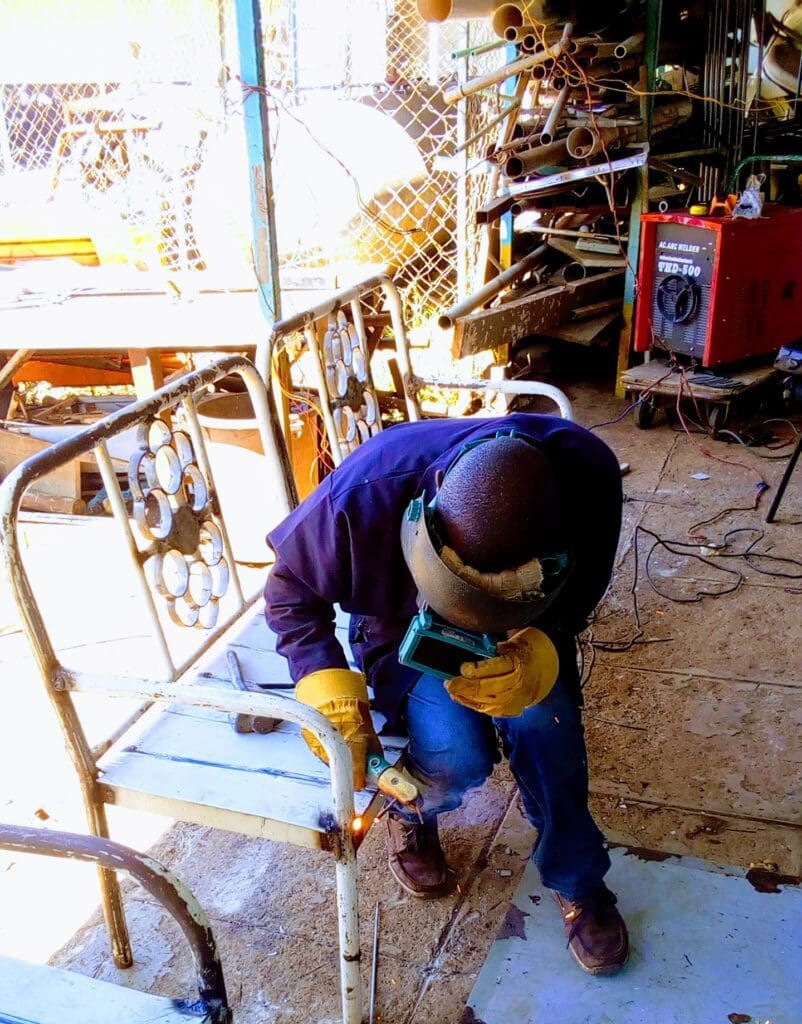

Medical Equipment Management
I took the lead in addressing organisational challenges related to medical equipment management. Recognising the lack of a systematic approach, I initiated a comprehensive project focused on rebuilding and marking medical equipment throughout the entire hospital.
The objective was clear: enhance efficiency in maintenance processes and ensure precise equipment traceability.
I meticulously marked each piece of equipment, indicating its designated department—be it paediatrics, maternal and child health (MCH), or casualty. Simultaneously, I documented these details in a maintenance book, providing a tangible reference for the entire hospital staff.
This initiative significantly streamlined maintenance procedures, ensuring that when equipment reached the maintenance department, its origin and destination were readily apparent. The systematic approach not only improved the overall organisation of medical equipment but also had a positive impact on response times and resource allocation.
Engineering sales and marketing for biomedical companies
You are working as a digital marketer and biomedical sales engineer for healthcare companies. How does your engineering background help you with this?
My engineering background provides a deep understanding of the technical aspects of healthcare products and services. This enables me to create accurate and compelling content that resonates with the target audience, including healthcare professionals and decision-makers.
The ability to translate complex technical information into clear and concise messaging is a skill honed in my engineering education. This proficiency facilitates effective communication through various digital channels, ensuring that the marketing content is accessible and engaging.
Analytical skills, honed in engineering, play a significant role in interpreting digital marketing analytics. I use data-driven insights to optimise campaigns, ensuring that our marketing efforts are effective and aligned with the goals of healthcare companies.
My engineering background has equipped me with the ability to collaborate seamlessly across different disciplines. This proves beneficial in the collaborative environment of digital marketing, where coordination with creative, technical, and sales teams is crucial for comprehensive marketing strategies.
A problem-solving mindset ingrained in engineering helps me approach challenges in the digital marketing landscape with adaptability and creativity. This mindset enables me to identify opportunities, address obstacles, and continually enhance our marketing strategies.
Engineering education provides a foundation for comprehending and navigating regulatory standards. This is particularly important in the healthcare industry, where adherence to regulations is paramount. My background ensures that our marketing campaigns align with industry guidelines and legal requirements.
Being accustomed to technological advancements from my engineering background translates well into the fast-evolving realm of digital marketing. It allows me to stay updated on new tools, platforms, and trends, leveraging them to enhance the effectiveness of healthcare marketing.
Typical week as a marketer and biomedical sales engineer
What’s your typical week like?
A significant portion of my week is dedicated to fine-tuning the search engine optimisation strategies for my websites. I constantly explore ways to improve visibility, ensuring that my content is easily discoverable by the target audience.
Crafting compelling and resonant content is at the core of my routine. I strive to produce content that not only showcases the latest advancements in biomedical engineering but also captivates my audience. This content is then strategically shared across social media platforms to drive engagement and, ultimately, sales.
Currently, I am actively engaged in a lead generation project designed to boost sales. This involves leveraging various online channels to connect with potential clients, showcasing the cutting-edge technologies in biomedical engineering, and demonstrating how these innovations can meet their needs.
A significant aspect of my week is dedicated to client acquisition in the online space. I proactively seek and engage with potential clients, presenting the value propositions of biomedical engineering solutions, and establishing meaningful connections that can potentially translate into business opportunities.
Learning is a constant theme throughout my week. Whether it’s staying abreast of the latest marketing trends, exploring new technologies in biomedical engineering, or refining my skills, I ensure that I remain at the forefront of industry developments.
A passion for learning is complemented by a commitment to sharing knowledge. I actively share intriguing findings, industry insights, and anything that captivates my interest with my audience, fostering a community around biomedical engineering enthusiasts.
Support in the workplace
Which other people give you support?
Within my workplace, I have a fantastic group of colleagues. When faced with challenges in my daily tasks or seeking insights into complex problems, I can confidently turn to them. Their collective expertise and collaborative spirit provide me with invaluable support, fostering a dynamic and supportive work environment.
My network of engineer friends serves as an additional pillar of support. We share experiences, exchange ideas, and collaboratively tackle industry challenges. This mutual support extends beyond professional matters, creating a community where we uplift and empower each other in our respective engineering pursuits.
Equipment for Biomedical and Field Sales Engineers
What are the types of equipment you have worked on?
Air-Conditioning and Refrigeration Systems
Morgue Cold Rooms (Mortuary Cold Rooms)
Autoclaves
Dialysis machines
Centrifuge
Electric Microscope
Anaesthesia machine
Ventilators
Oxygen concentrators
Reverse osmosis dialysis plant
Oxygen plant
Laundry machines
What is the best/most interesting piece of equipment you have ever worked on?
Dialysis machine
What has been the most difficult/challenging piece of equipment you have worked on?
Autoclave
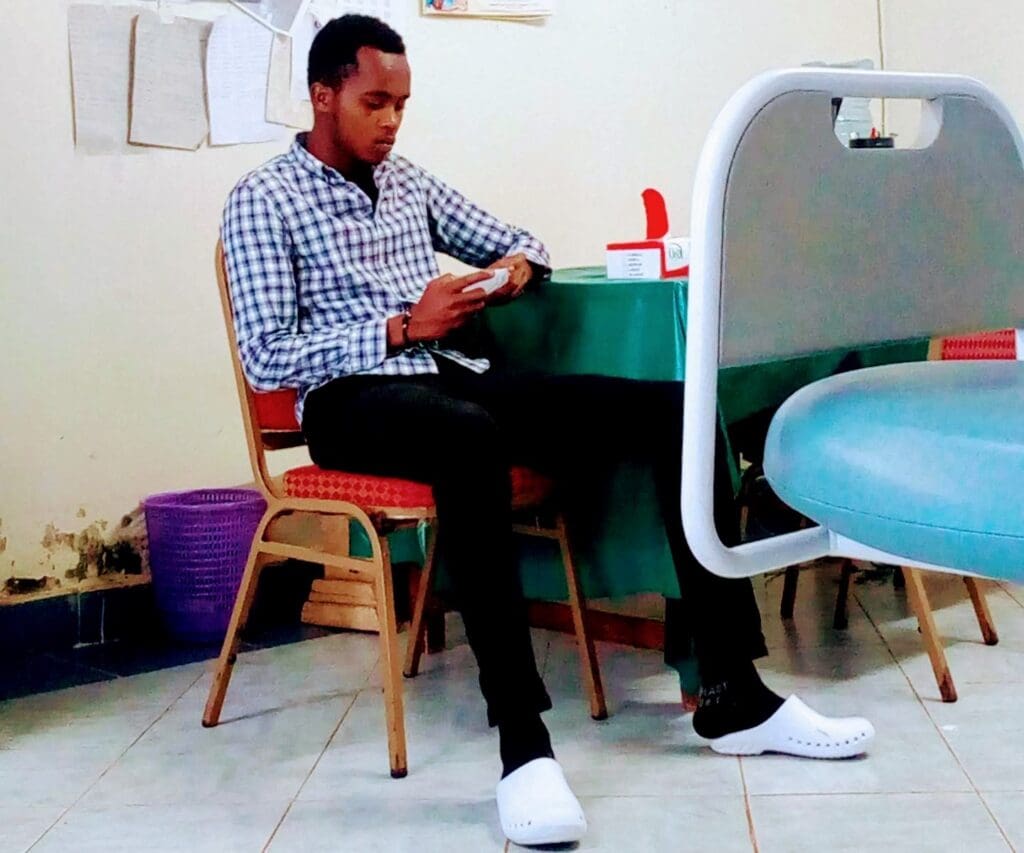

Robotics
How important do you think robotics will be in the medical industry?
Robotics fosters a symbiotic relationship between healthcare professionals and machines. Rather than replacing human expertise, it augments capabilities, enabling more collaborative and nuanced approaches to patient care.
As robotics technology becomes more widespread, there’s potential for increased accessibility to advanced medical procedures. This can lead to a democratisation of cutting-edge healthcare solutions, making them more affordable and available to a broader population.
The integration of robotics in healthcare serves as a catalyst for interdisciplinary collaboration. It brings together professionals from various fields such as engineering, computer science, and medicine, fostering innovative solutions that transcend traditional boundaries.
Robotics empowers patients to actively participate in their healthcare journeys. Through robotic-assisted rehabilitation or the use of robotic devices for monitoring health parameters, patients can engage more proactively in managing their well-being.
As robotics becomes integrated into healthcare, it influences societal perceptions of technology’s role in well-being. Understanding and addressing cultural attitudes toward robotic-assisted care are vital to fostering acceptance and ensuring equitable access to these technologies.
Medical Robotics
What sort of background does an engineer need to work on medical robotics?
Familiarity with biomedical engineering concepts is crucial. Understanding the principles of biology, anatomy, and medical instrumentation provides a solid foundation for designing robotics solutions in a healthcare context.
Additional coursework or specialisation in robotics is beneficial. This may include studies in robotics engineering, mechatronics, or control systems.
Proficiency in programming languages, such as C++, Python, or Java, is essential. Engineers working on medical robotics often need to code and develop software for controlling robotic systems.
Knowledge of sensors and actuators commonly used in robotics is important. This includes understanding how sensors gather data, and actuators enable robotic movements and functionality.
Awareness of medical device regulations and standards is vital for ensuring compliance with healthcare industry requirements. This includes knowledge of regulatory bodies and standards like FDA regulations.
Engineers should be effective communicators, able to work with professionals from diverse fields, including healthcare practitioners, researchers, and software developers.
Given the rapid advancements in both robotics and healthcare, a willingness to engage in continuous learning and stay updated on the latest technologies and trends is essential.
Future developments in Robotics
What do you think the biggest developments will be in robotics in the next twenty years?
Robotics may take centre stage in environmental conservation by deploying specialised robots for ecological balance. This could include autonomous drones reforesting areas, underwater robots preserving marine ecosystems, and robotic systems monitoring climate change impacts.
The convergence of robotics and neuroscience could lead to neuro-connected robots. These robots might be controlled directly by neural signals, enabling a more intuitive and direct interaction between humans and machines.
The intersection of robotics and biotechnology may lead to advancements in robotic biofabrication. Robots could be involved in the creation of artificial organs, tissues, or even personalised medical implants, revolutionising healthcare and organ transplantation.
In the context of space exploration and colonisation, self-replicating robots might be envisioned. These robots could autonomously replicate and adapt to the challenges of new environments, laying the groundwork for sustainable human presence beyond Earth.
Personal robots powered by artificial intelligence could become common household companions. These robots might offer personalised assistance, perform household chores, and engage in social interactions, enhancing the quality of life for individuals and families.
Further reading on biomedical and sales engineering
Expert insights on the digitalisation of medical field service
Life of a Medical Field Sales Engineer


Responses